

Migration, in all its manifestations and diverse forms, is a multifaceted human phenomenon and a vital activity that leaves a profound and lasting impact on the societies migrants move to and from. The constant movement of people has always contributed to the transmission of cultures, religions, and ideologies across different borders, and migration, travel, and movement of people are some of the most controversial and interlaced topics due to the complex interrelationships between culture, identity, and diversity. Today, with the increased scale of human migration, whether voluntary or forced, new patterns of nomadism have emerged. Movement has intensified, resulting in intertwined cultures and creative cross-pollination. This in turn manifests in themes of migration in the arts, especially cinema. As the art of moving images, cinema is perhaps the most appropriate medium for representing societal mobility and migration.
Migration is a rich theme in cinema, and the human experience of migration and travel has inspired wonderful cinematic images that spark discussion and analysis. Ever more films address the lives of migrants, those who left their homelands with the hopes of achieving a better life, and these films vary in meaning and nuance according to the distinct cultures and societies from which they emerge. Filmmakers from countries where migration is a prominent topic can give special insight, as they themselves often exist between worlds.
This iteration of the Film Criticism Forum concerns itself with the rich subject matter of human movement, the multitude of possibilities these conditions present and the relationships they forge, the myriad ways in which filmmakers tell these stories, and how cinema itself is reimagined when it represents and engages with these themes.
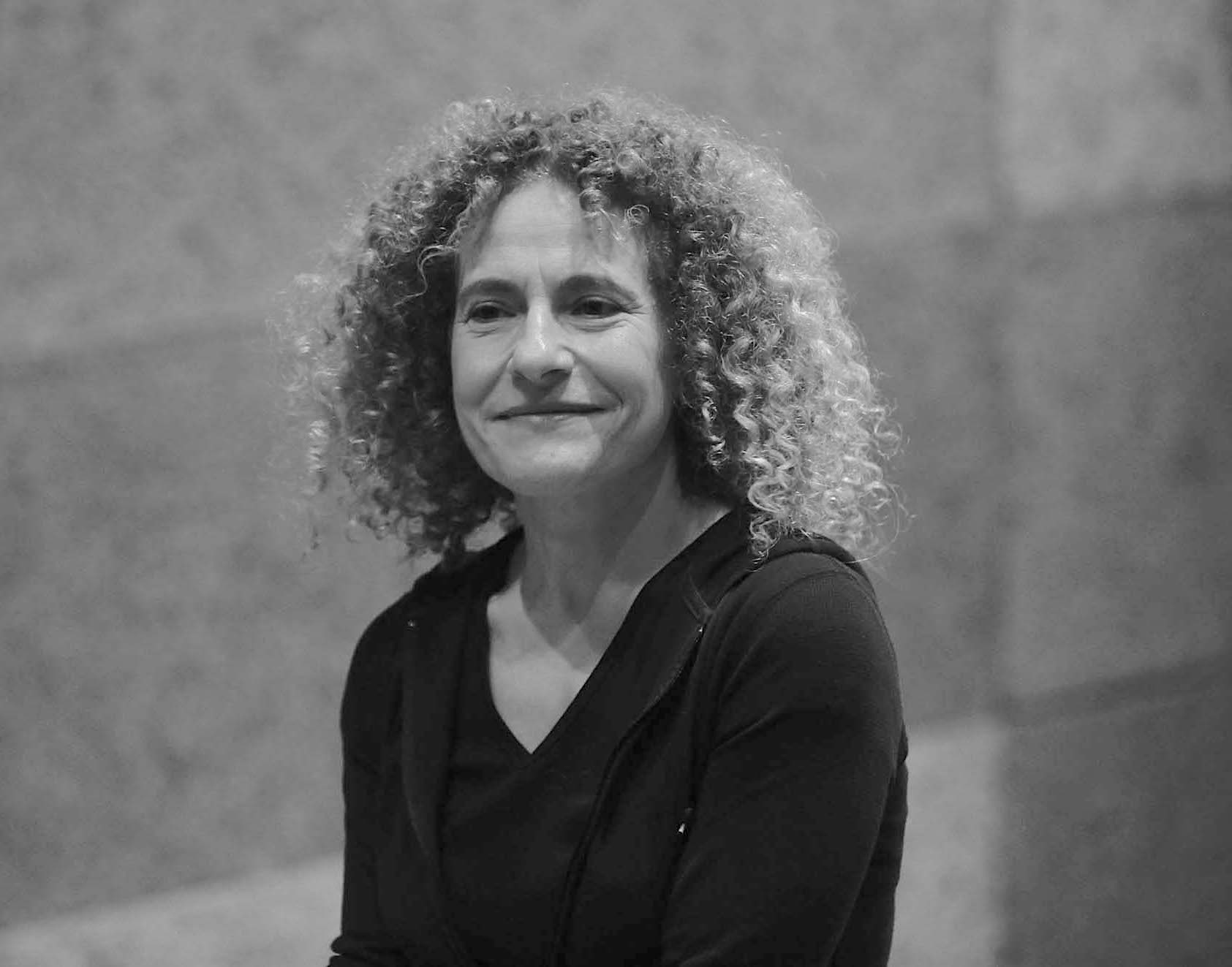
An essential phase in the filmmaking process, editing is the organization of time with sound and images. Editing shapes a film and makes its heart beat. This workshop will cover how editing has changed over time, the tools used in this process, and the different styles of editing, which produce different types of narrative. Future filmmakers and film critics alike will learn how to read the language of film, in order to understand how they are made.
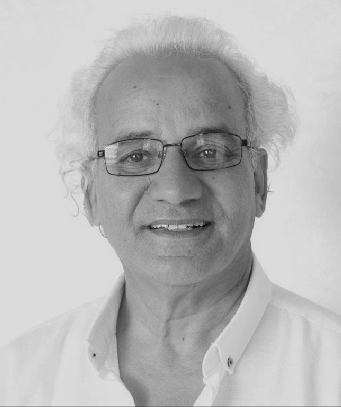
Habib Nasry, Visiting Professor, Faculté des Lettres, Mohammedia, Morocco
This presentation explores some of the artistic and aesthetic features of the cinema of migrants, as seen in Arab and African films that depict immigration, especially clandestine immigration. How, for example, does the director’s eye and camera capture the nuances of the pain and desire in such a journey? And how does a filmmaker use the various components of cinema—time, place, characters, and artistic vision—to reveal the inner and outer worlds of migrant characters? The presentation will also interrogate the critical, philosophical, and aesthetic concepts that are essential to any discussion of migrant cinema.

Youssef Rakha, Writer
The director Youssef Chahine, particularly through works such as the Alexandria trilogy and Adieu Bonaparte, was instrumental in bringing Arab cinema to the attention of the West, where it was initially framed as “Cinema of the South” or postcolonial cinema. This presentation considers the later phase of the director’s career, and especially the 1994 film The Emigrant, for which Chahine sought European funding, aspired to European festival awards, and even aimed his intellectual discourse at a “global” audience—an approach that was so successful that we can still see elements of it in Egyptian cinema today.
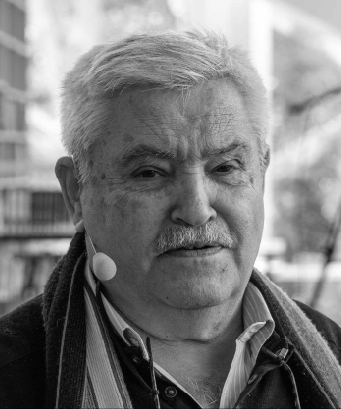
Ibrahim Al Ariss, Film Critic and Cultural Editor, Independent Arabia
At the beginning of the twentieth century, the invention of the moving image coincided with the development of the field of psychoanalysis as well as a period of mass migration for economic, social, and ideological reasons. Starting from this technical, intellectual, and historical confluence, this presentation examines the relationship between cinema and migration, as seen from the center—Hollywood was built largely by immigrant artists—and from its peripheries in India, Mexico, and the Arab world.
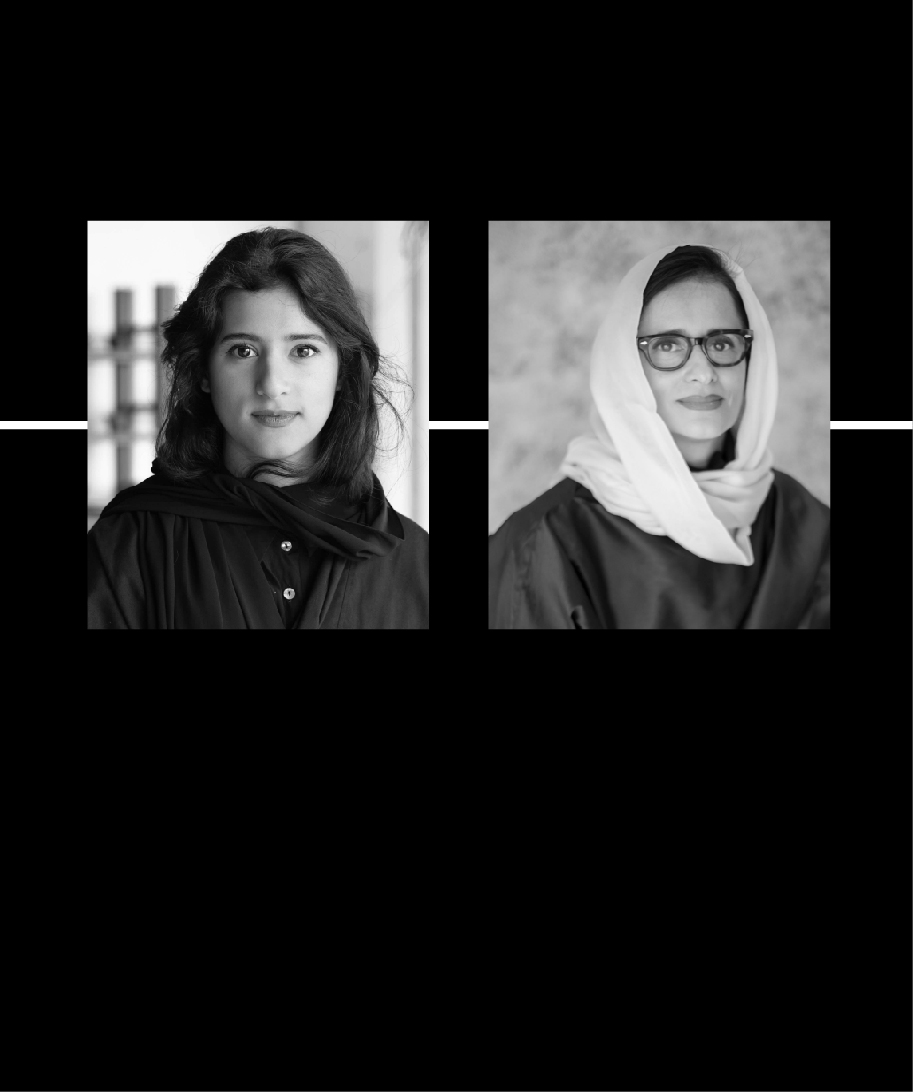
Join us for a lively discussion as Ahaad Alamoudi examines her multidisciplinary artistic practice with her mother, Effat Abdullah Fadag, a fellow visual artist also working at the intersection of art and technology. For Alamoudi and Fadag, among the questions on the table are how, in this era of rapid change, artists and filmmakers can use technology and inventions such as VR and AI to enhance their practices and to evocatively play with the deep-rooted myths and legends of the region. Deploying speculative aesthetics and fiction, the two will tackle everything from viewers’ changing relationships with artworks, to the aesthetics of research, to art’s potential to ultimately change how we interact with the world around us in different and genuine ways.

In a small, extremely poor Upper Egyptian village, a strange man arrives with the promise of work and a better life. The village men respond to this invitation and leave in search of greener pastures, leaving the women, children, and elderly behind. Under these difficult circumstances, a boy, Ahmed, grows up and, in the absence of other men, steps into his role as the man of the village.
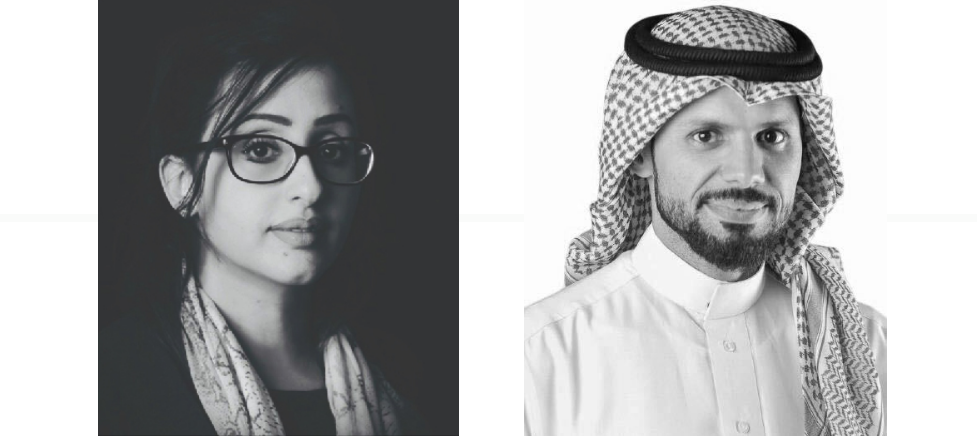
Get In Touch
تواصل معنا
